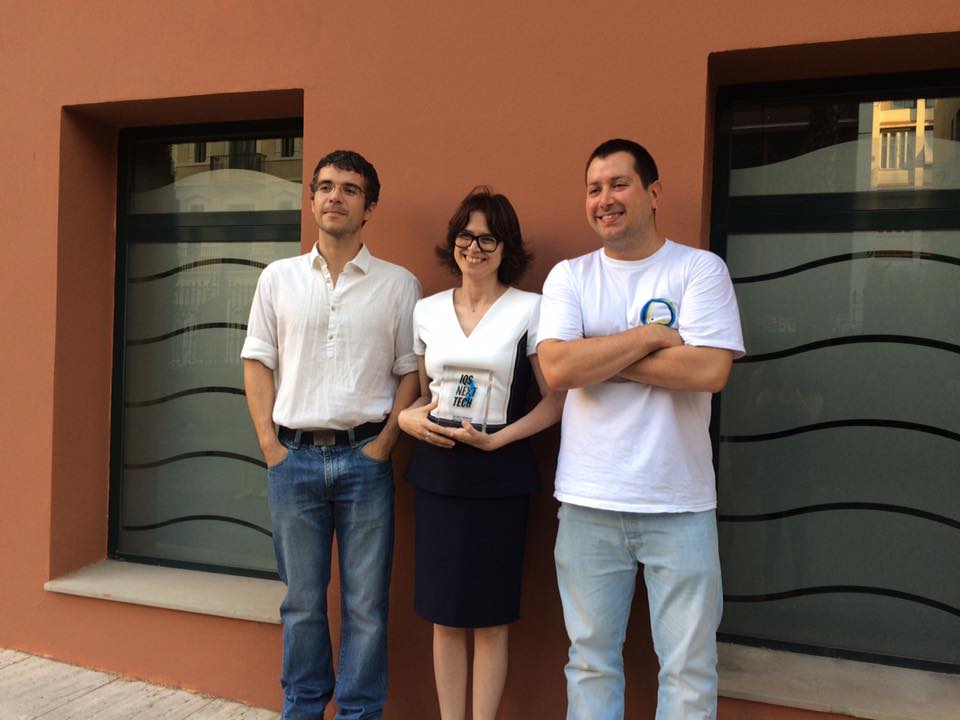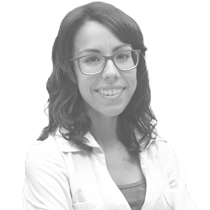
Although enzymes are largely unknown to most people, they are a vital part of our everyday lives. They help us to digest food, they are found in cleaning agents, they improve the quality of cosmetics, they are in the pharmaceutical drugs we take... "We find enzymes in nature and we also have them in our bodies like we do bacteria and yeasts, but not all of them can be used in a reactor or a cleaning product, as they have to be manipulated. That is what is called protein or enzyme engineering," says the CEO and cofounder of Zymvol, Maria Fátima Lucas.
The startup is the winner of the IQS Next Tech industrial acceleration programme, with the prize being a period of immersion in Richi Social Entrepreneurs in Boston, to develop the business model and a solid proposal for launching on the market.
The entrepreneurs behind the firm are three former employees of the Supercomputing centre, who created a software format for pieces of open programming that allows them to have a "computational laboratory in which to replicate what happens in nature," says Lucas. Most known enzymes come from lower organisms, but mutations have allowed them to adapt to their environment and the needs of the moment. The firm generates this same process in its laboratory, "which consists of transforming them until getting an enzyme that has the desired properties and discarding the tests that do not work."
For companies, this means a reduction in costs. On the one hand, because it allows them to reduce the number of experiments, and on the other because it helps to find new enzymes for specific industrial processes and optimise them. While Lucas cannot reveal the name of the companies interested in the product, she insists that they are multinationals.
An immediate success
The startup was created in mid-April, which means that in only three months the company has become established with a product that has already caught the attention of large clients and that could start a revolution in the industry.
So far, on a reduced budget from their own funds, they have rationed the tests done in their computational laboratory because each of them is expensive. That is why, says Lucas, "each experiment produced good results and it looked like we were doing something incredible, but it is a procedure that also throws up many other combinations that do not work."
At this point they could not afford not to find a good formula, something that will now change thanks to the IQS prize and the injection of resources it implies: "We will have more opportunities and we will get information of good and bad results, which will help us to change the algorithms and improve them."
What they are doing is nothing new, the pharmaceutical industry also uses computational simulations in its processes to create drugs, and it works. It is now a market experiencing exponential growth.
In the next few months, the aim is to grow organically with the contracts they are about to close. "With the services we offer we can begin to take the first steps and grow little-by-little. Nevertheless, we have more ambitious plans that consist in having our own laboratory, for which we know we will have to look for private funding," says the cofounder. Yet, they are aspirations that they prefer not to obsess over and they prefer to move forward with the doors opened up to them by their stay in Boston.
